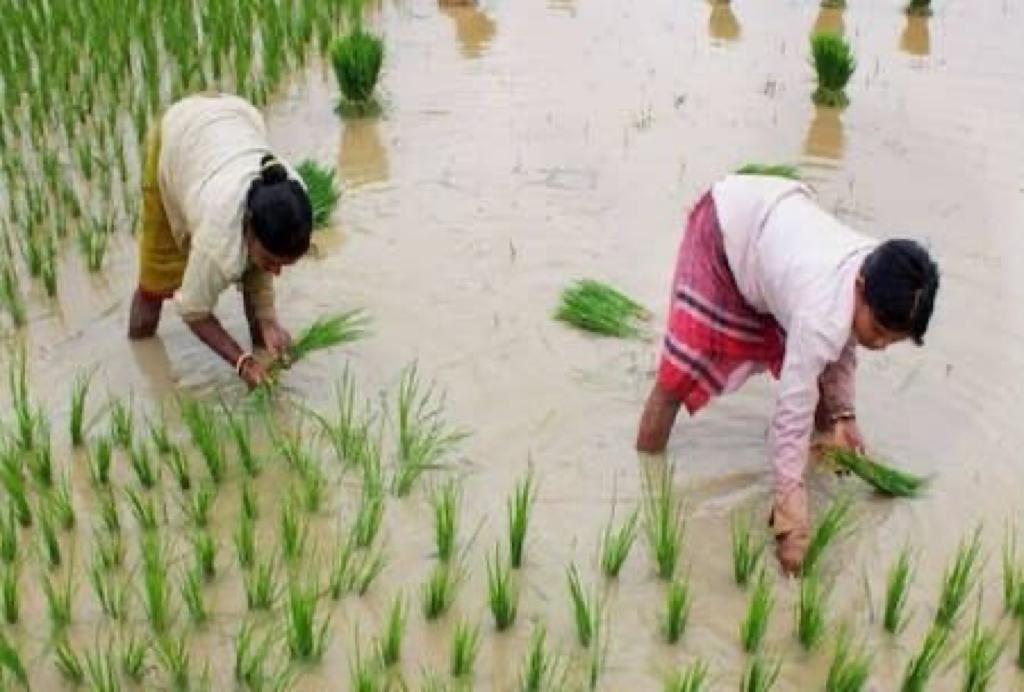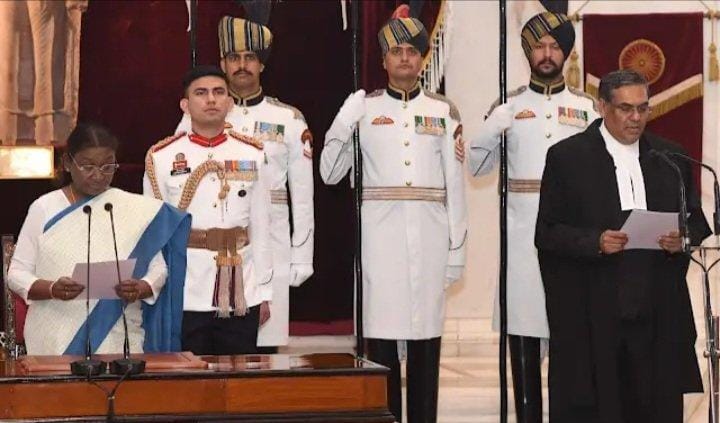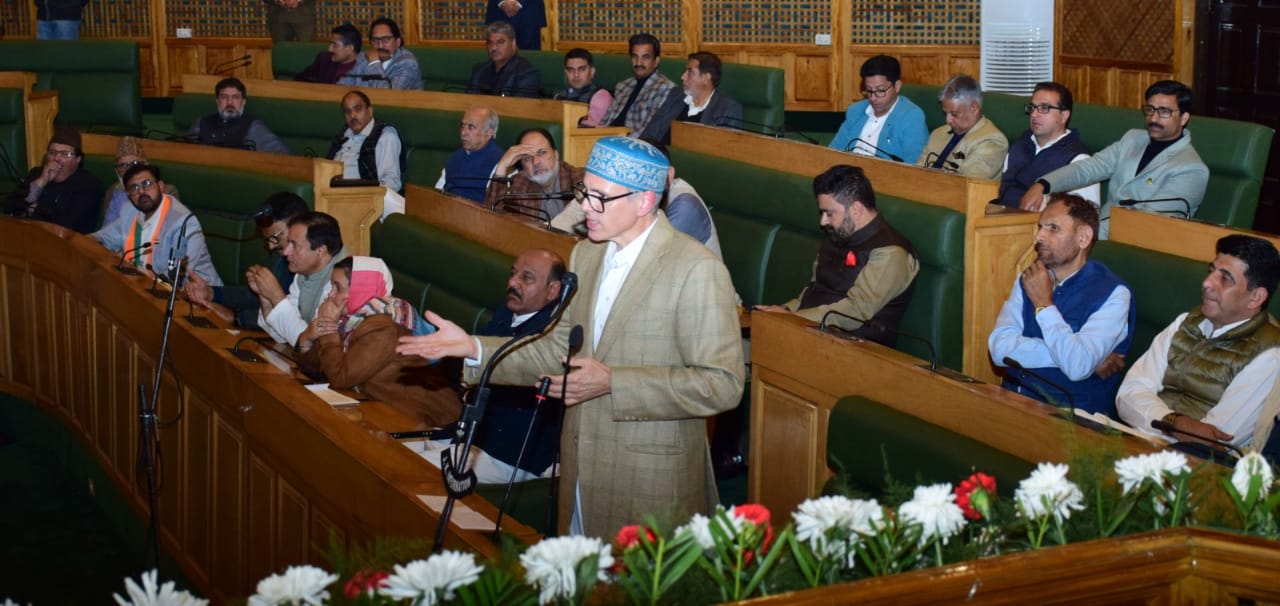The Central Government has announced seven new schemes with the aim to prepare farmers in the country for climate-resilient agriculture. It has allocated a budget of Rs. 14,235.30 crore under these new schemes for the agriculture and allied sectors.
Key highlights
- The new schemes will promote research and education, climate resilience, natural resource management, and digitisation in the sector. Besides, they will also drive livestock and horticulture growth.
- The new schemes are:
- Digital Agriculture Mission: With this mission, the government wants to promote technology adoption in agriculture and allied sectors to improve farmers’ lives. Allocated a budget of Rs 2,817 crore, this scheme has two fundamental pillars- Agri Stack and Krishi Decision Support System.
- Crop science for food and nutritional security: This mission aims to make farmers climate resilient while ensuring food security by 2047. The total outlay for the scheme is Rs 3,979 crore. This mission will focus on research and education, plan genetic resource management, pulse and oilseed crop improvement, genetic improvement for food and fodder crops, improvement of commercial crops, and research on insects, microbes, pollinators, etc.
- Strengthening Agricultural Education, Management and Social Sciences: With an outlay of Rs 2,291 crore, this scheme has been launched to prepare agriculture students and researchers with skills to address challenges faced by the agriculture sector. It will not only modernise agri research and education in accordance with the New Education Policy 2020 but also promote the use of cutting-edge technologies such as AI, big data, digital DPI, etc.
- Sustainable livestock health and production: This scheme aims to raise farmers’ income from activities associated with livestock and dairy. Rs 1,702 crore has been approved for this scheme. The scheme will promote animal health management, veterinary education, dairy production and technology development, animal genetic resource management, animal nutrition, etc.
- Sustainable development of Horticulture: Rs 1129.30 crore has been approved for this scheme which aims to aid farmers in improving income for horticulture plants. The scheme will help farmers with various crop production including tropical, sub-tropical, temperate, root, tuber, bulbous, arid crops, mushroom, floriculture, vegetable, etc.
- Strengthening of Krishi Vigyan Kendra: With a budget of Rs 1,202 crore, the government aims to strengthen over 700 Krishi Vigyan Kendra (KVKs) nationwide.
- Natural Resource Management: The government has allocated Rs 1,115 crore for the management of natural resources.
Schemes and initiatives by the government for the welfare of farmers
Farmers are the backbone of the Indian economy who not only ensure food safety but also provide employment to others. This is the reason why the government has enhanced its focus on the welfare of farmers. It has been running many welfare schemes for years with some recent additions. Some of the notable schemes are:
- Pradhan Mantri Kisan Samman Nidhi (PM-KISAN): It was launched in 2019 with the aim of supporting farmers financially. Under the scheme, the government provides Rs 6,000 per year to farmers via Direct Benefit Transfer (DBT).
- Pradhan Mantri Kisan MaanDhan Yojana (PM-KMY): Launched in 2019, this scheme aims to provide security to small and marginal farmers who are financially vulnerable.
- Pradhan Mantri Fasal Bima Yojana (PM-FBY): It was launched in 2016, the scheme provides affordable and comprehensive crop insurance against natural risks.
- Modified Interest Subvention Scheme (MISS): Under the scheme, short-term agri loans, up to 3 lakh, are provided to farmers for crop and animal husbandry, dairy, and fisheries. The interest rate for loans is 7%. The government provides an additional 3% subvention to encourage farmers to pay back the loan amount.
- National Beekeeping and Honey Mission (NBHM): Launched in 2020, the mission aims to promote beekeeping while implementing modern methods and technology. The farmers and other stakeholders such as honey societies, and companies can register themselves on the Madhukranti portal.
- Soil Health Card (SHC): Through this scheme, the government ensures that the farmers have adequate information about their soil, such as nutrient status. The farmers are suggested ways to improve the nutritional status of their soil by the requisite doses. The government plans to develop a comprehensive soil fertility map with over 5 crore soil samples. This will transform the agriculture in the country.
- Paramparagat Krishi Vikas Yojana (PKVY): It is a scheme specially designed to promote organic farming practices in India. This method helps in producing healthy food while improving the nutritional value of soil.
- National Mission on Edible Oil- Oil Palm (NMEO-OP): Launched in 2021, the scheme aims to make India self-reliant in edible oil production by promoting palm oil cultivation.











